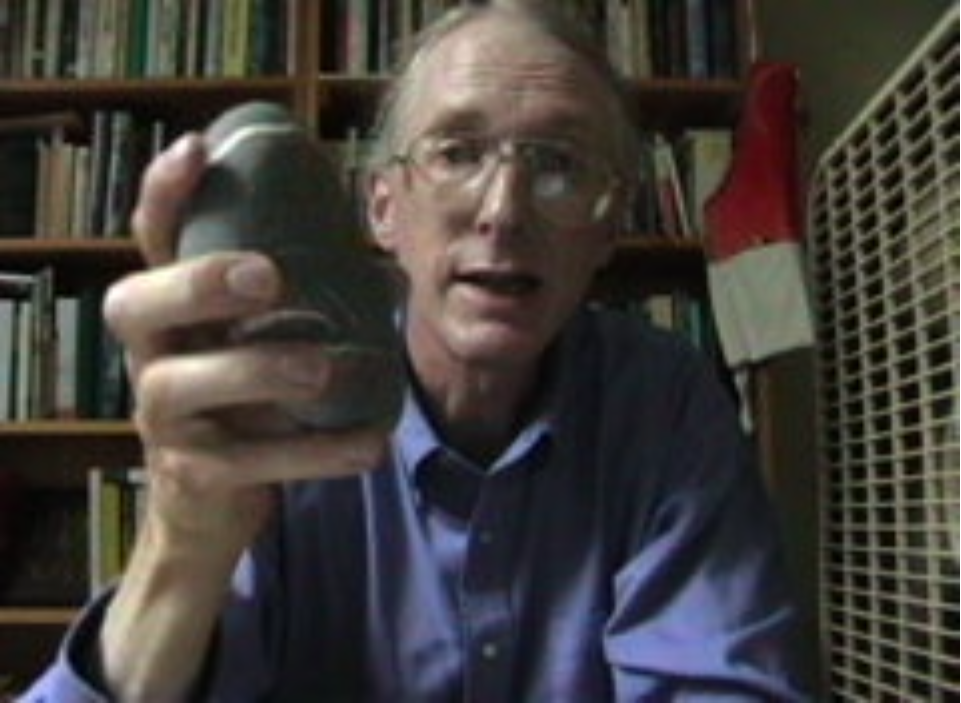We were driving back from the supermarket. “Here’s a totally random memory,” I said. “Fairly pointless, too.”
“Good,” said Carol. “I like pointless memories.”
“So when we were little, Jean and I — and maybe we were old enough that Abby was in the car seat — Mom used to take us food shopping at least once a week at Stop and Shop in Concord,” I said. Carol and I lived together in Concord for seven years, so she knew which supermarket I meant; Jean is my older sister, and Abby is my younger sister. “We’d drive down Liberty Street so Mom could avoid driving through Concord center, which meant we went right by the visitor’s center for Minuteman National Park….”
“OK,” said Carol, mentally picturing the route my mother had once driven, all those years ago. “I know what you mean.”
“So for some reason,” I continued, “when we got to the parking lot at the visitor’s center, Jean and I would start chanting, ‘Go through the park, go through the park,’ and Mom would drive us through the parking lot at the national park visitor’s center. I have no idea why we always wanted to go through the park, it was just one of those things that got started and then we always did it.”
“Oh, that’s sweet!” said Carol. “You probably wanted to go through and see all the cars there.”
“Yeah, I think at one point I was really into finding out-of-state license plates,” I said. “That’s probably what started it.”
“That’s really sweet,” she said again. “Those were more innocent times.”
“Actually,” I said, “I don’t think they were more innocent. When we got to the supermarket, we used to see this young woman who was anorexic. She’d always be there with her parents. Later, we found out the reason she was anorexic was that her parents were beating her.”
“How’d you find that out?” said Carol.
“When I was housemates with D—-,” I said, “D—-‘s sister was just married, and she and her husband rented a little house from them. The parents and the anorexic daughter lived in the big house, and D—-‘s sister rented what used to be the servants’ house. D—-‘s sister and her husband would hear the anorexic woman screaming when her parents beat her. She must have been thirty-five years old by then.” I paused, thinking about D—-‘s sister. “Not a great way to begin your married life,” I coninuted, Carol following my logical leap. “They moved out as quickly as they could. Anyway, I don’t think those times were more innocent.”
That was the end of those random memories. When Carol couldn’t remember if she had picked up the business card of the woman whom we had met earlier in the evening while sitting at the bar of our neighborhood watering hole, our conversation moved on to other things.

